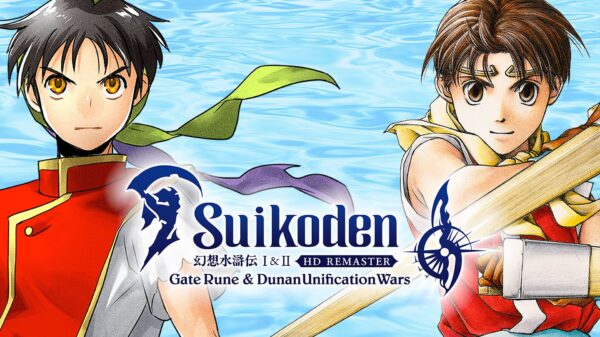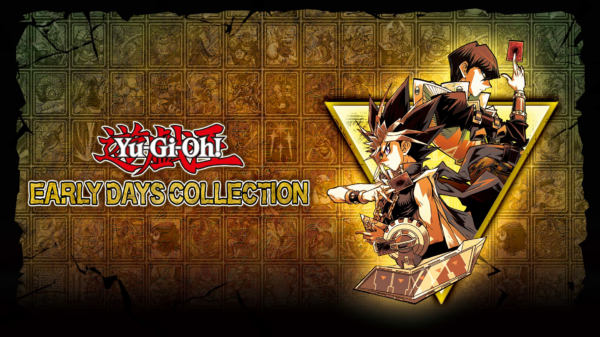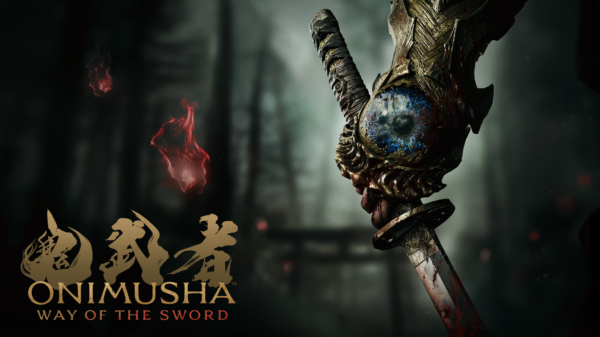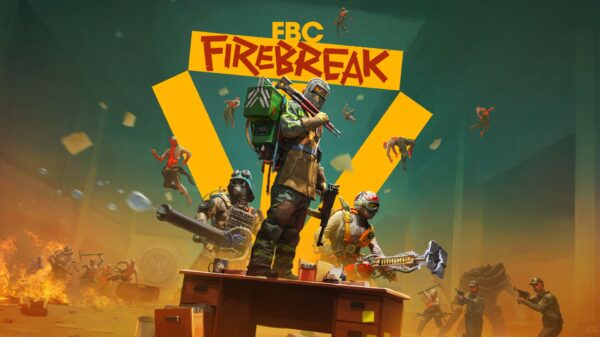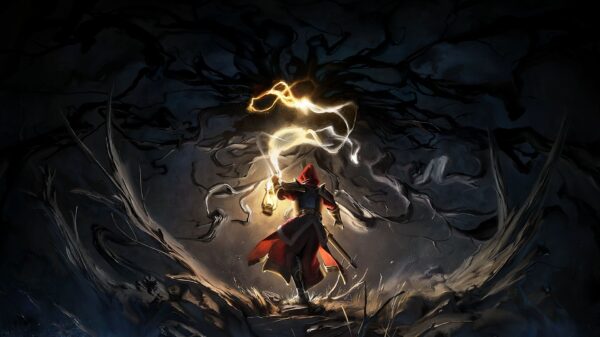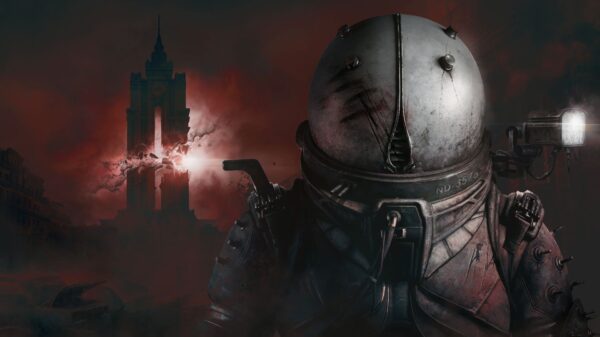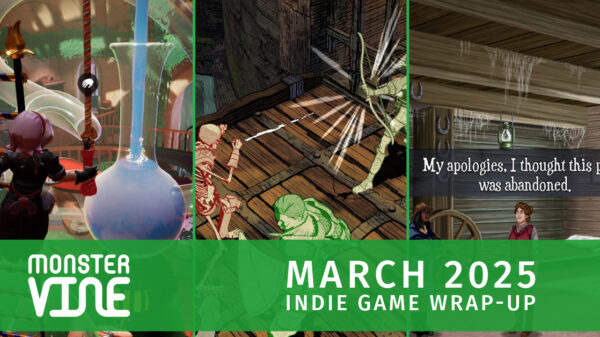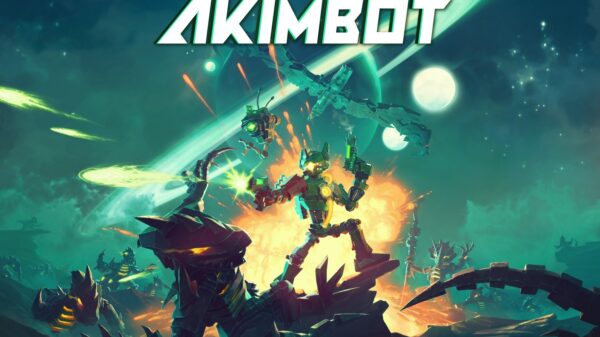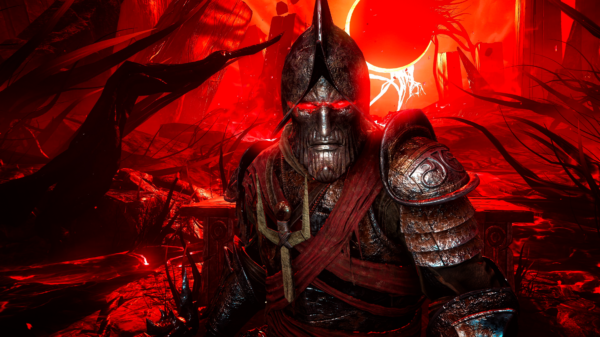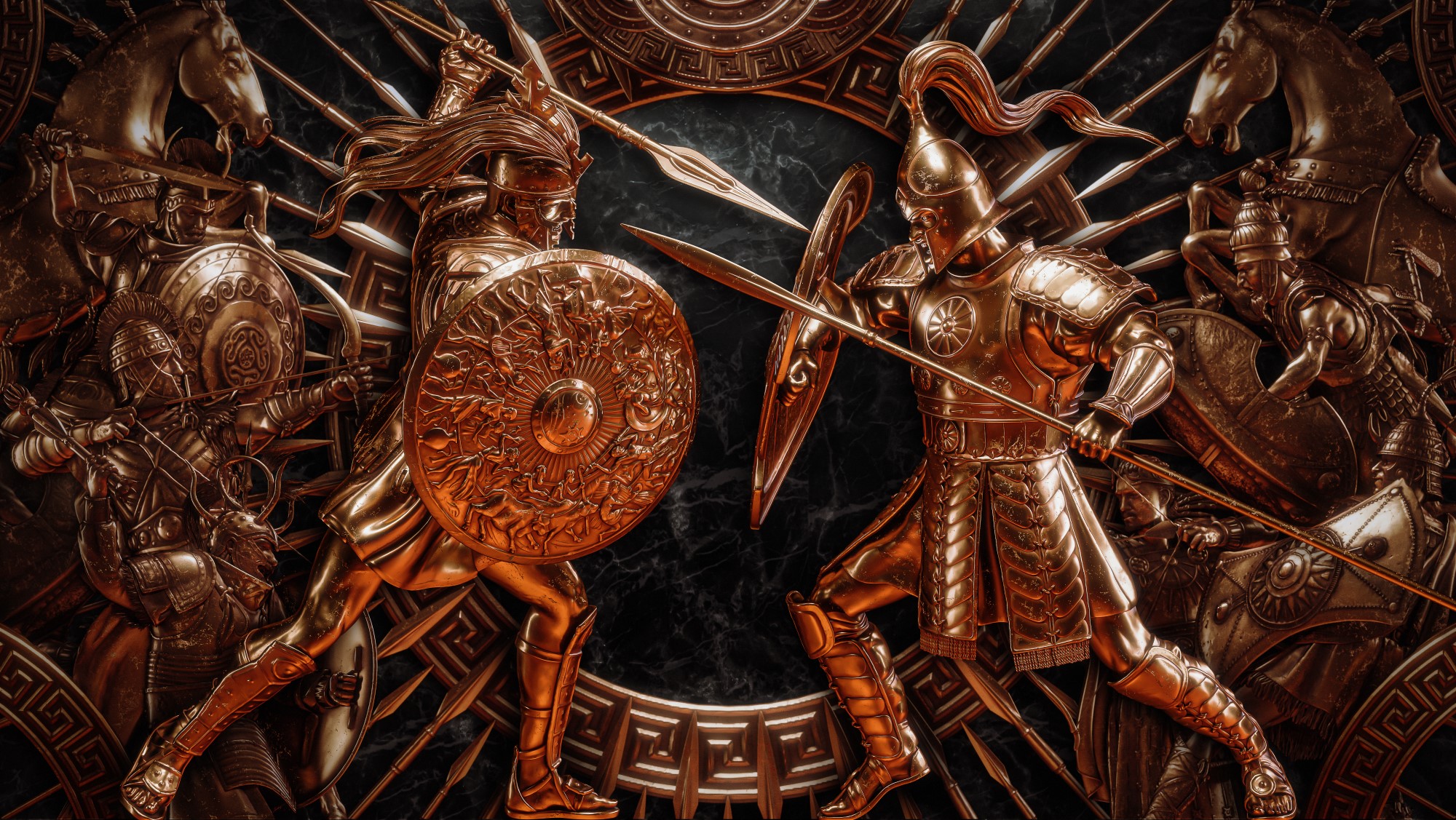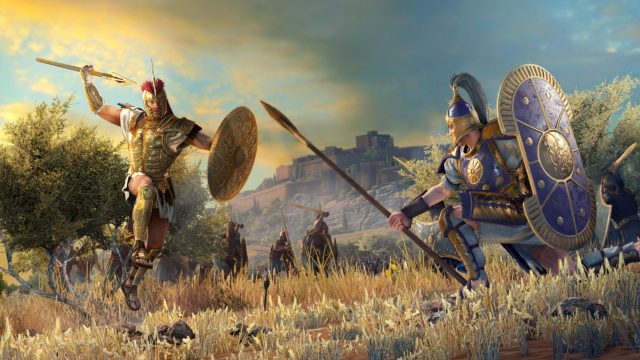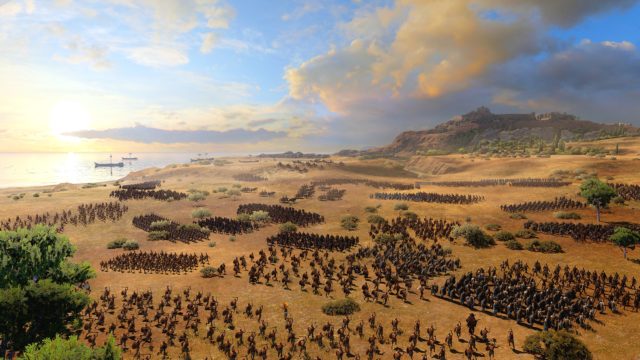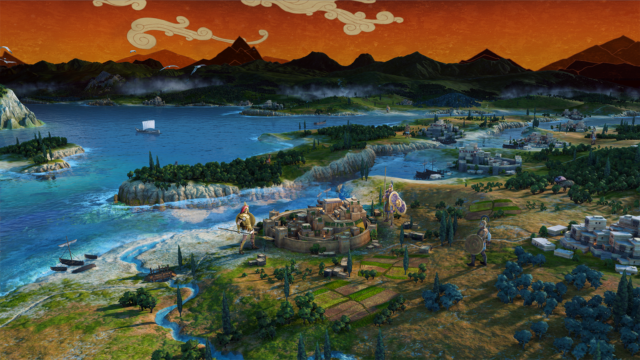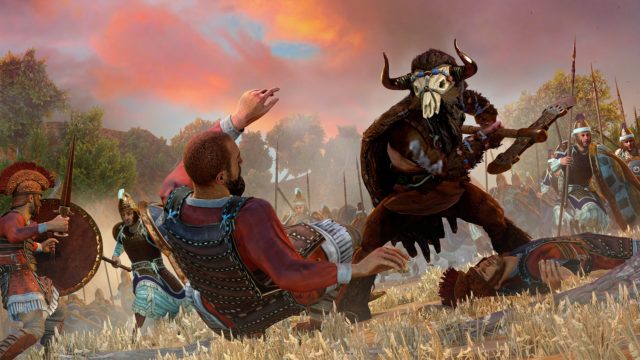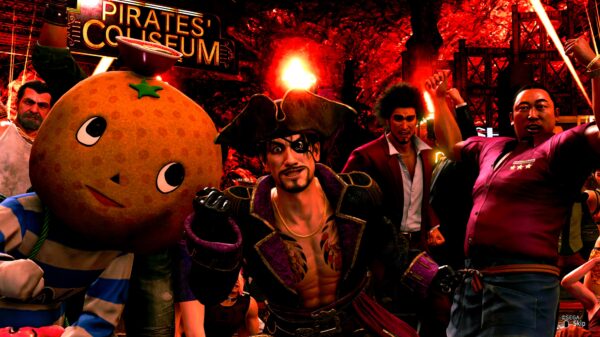The Total War series has thoroughly mined history–Samurai, Medieval, Rome, Napoleon, Vampire Counts, China, more Vampire Counts–and yet they keep on digging. The Saga branch of the Total War series is a particularly interesting project, dialing down on the sweep of history across a continent to focus on a particular era or particular event.
Troy focuses on the Trojan War. If you skipped the reading in college, a bunch of Greeks got mad at Paris for being Mr. Steal Your Girl and invaded Troy. It was a whole thing. There was a wooden horse involved. Brad Pitt was extremely handsome in it. It was epic before nerds ran that word into and through the earth’s mantle and actually epic, not finding an extra chicky nuggy in your McDonald’s order.
A Total War Saga: TROY
Developer: Creative Assembly
Price: $50 USD
Platform: PC
MonsterVine was supplied with PC code for review
The Total War formula remains unchanged: There is a turn-based mode where you manage your faction or side or civilization through building buildings, sending out armies, dispatching spies and diplomats, and so on. When armies clash, they do so in polished RTS-style battles that are quite detailed. You need to know basic military strategy like setting out screens of skirmishers and using archers to wear down oncoming troops, and you also need to account for terrain and weather and ten thousand other things.
The Troy setting means you need Heroes, and your choices are a few dudes you might’ve heard of. Your choices are: Achilles, Hector, Menelaus, Paris, Agamemnon, Sarpedon, Odysseus, and Aeneas. As you might expect, each leads a relevant faction or civilization–no I’m not going to tell you which one, do the damned reading and write your own damned papers–with various bonuses and drawbacks…
Okay, fine.
Achilles leads the Myrmidons and you must manage the mood of King of the Emo Warriors while his units are based around fast offensive strikes. On the other hand, Aeneas gets Divine Omens and literal missions from (the) god(s) and can ask the spirits of the dead for assistance. Priam’s heirs Hector and Paris must vie for Priam’s favor to earn a spot as his heir. Paris even swoons over Helen, as you might expect, and his mood affects his army.
Menelaus is an aged but still mighty king who can summon units from the roster of his allies at any point on the map. He can also colonize ruined settlements without an army, which is a tremendously powerful ability, though there is a cost attached. Agamemnon keeps a coterie of heroes and managing their positions in court provides a powerful benefit, and he can enforce his demands more easily than other rulers. Sapedon can find rare resources that provide substantial bonuses and is a master of trade, using it as a leverage for influence in other factions’ territories. Odysseus is a master of spies and can recruit armies in foreign lands and build unique units on the coast. And if you want to build a giant horse full of surprises, he’s the only one that can do it.
(You can also get the Amazons free if you link your Total War account and your Epic account at the moment, so obviously, there’s DLC on the way.)
The campaign mode will be familiar to TW veterans. Expand by conquering neutral settlements and armies, keep your settlements inline, find excuses to fight in the real-time engine. You also need to explore, practice diplomacy, send out merchants, and, ideally, make friends. The hero and faction leader provides another area to manage, be it their moods, missions from god, or the delicate balance of keeping everyone fat and happy on titles and responsibilities so you can use them later to stab people in the face.
Troy also adds a big, fat ticking time bomb in the form of the Trojan War. Each civilization is part of either the Danaans or the Trojans and, eventually, that war is going to start. And it doesn’t matter if you made friends with the other guys well ahead of time. When the war comes, that shit is on, and you need to be ready for it.
So the usual dance of diplomacy and death also has that sword of Damocles (related reference! ha!) hanging over it. Get in a slap fight at the wrong time and suddenly not only do your neighbors hate you, so do the mighty and powerful Trojans, and they may arrive to kick you in the teeth. The Total War AI has always had a Madden-style “Fuck you there is is no way you’re going to win” element hidden in it and this is a way of turning it into an actual mechanic rather than just being infuriating. It’s still infuriating though.
I am not a huge lover of the Bronze Age, but I have to say that I feel like this installment captures the combat well. The use of mythical heroes provide literal hero units that can swing a battle and take on entire armies on their own using powerful abilities, but if they get killed, everyone’s running for the exits. You get to set up formations and arrange everyone, but battles frequently come down to absolutely brutal melee brawls that are just big, snarling fights. (And it is really cool to see your Hero and the other Hero going mano-a-mano in the middle of all that).
If there was a thing I hated it was that units rally almost too easily, so you can wind up chasing a handful of skirmishers across the map over and over again until you murder all of them. The lethality of the combat adds to the gamble when it comes to picking a fight since you could lose a huge chunk of your army. Veteran troops are almost unfairly good, but it fits the times. But having a huge army meatgrindered by veterans is infuriating. But given most battles turn into horrendous casualties unless you plan really, really well, is it worth risking my faction leader and hero on THIS play, or do I want them to do THIS instead?
When it comes to overall victory, you have different sets of victory conditions for the overall game. The Homeric victory plays along with the Saga where your main hero completes his missions and helps destroy/protect Troy. The Total War victory is more game-y, where you sack settlements and kill all who oppose you in the usual way.
If you just want to fight battles all day, you can set up custom battles with attackers and defenders and all the various factions across all kinds of different maps in all kinds of different weathers with all kinds of time limits and realism mode and LARGE ARMIES mode. It’s more scintillating than actually reading The Odyssey, though slightly less cultured. It’s probably enough to be a game in itself when the various Battle Simulator games are all over Steam.
There is what I’d call the usual Total War downside where each faction doing its own thing takes longer and longer. Some of this is helped as factions get taken out or absorbed but it still makes late turns feel like they’re taking forever. The upside is the diplomatic game is neat. The downside is watching all your allies take their damn turns is exhausting. For really the first time in the series, I cared about my allies and took a lot of time figuring out who to be friends with and when to set up the backstab. Or taking a convenient military alliance to build my territory and bulldoze a rival alliance. I know, I’m bad at these.
The AI still has pathfinding problems. Multiple paths or gaps in terrain throw it into a tizzy. And sometimes your agents or armies take the long way home. And a lot of times the AI is just blatantly cheating.
But one more turn? Oh hell yeah.
 The Final Word
The Final Word
Fewer vampires and more Greeks! It’s Bronze Age Total War.
– MonsterVine Rating: 4 out of 5 – Good




